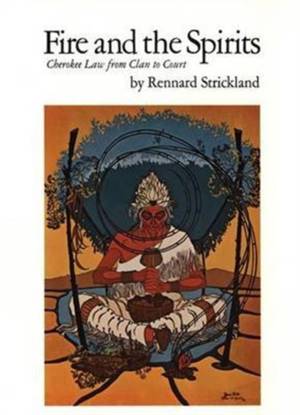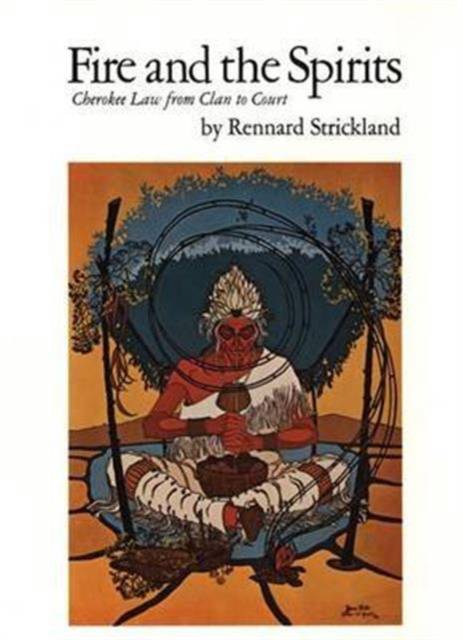
- Retrait gratuit dans votre magasin Club
- 7.000.000 titres dans notre catalogue
- Payer en toute sécurité
- Toujours un magasin près de chez vous
- Retrait gratuit dans votre magasin Club
- 7.000.0000 titres dans notre catalogue
- Payer en toute sécurité
- Toujours un magasin près de chez vous
Description
Volume 133 in The Civilization of the Americas Series This book traces the emergency of the Cherokee system of laws from the ancient spirit decrees to the fusion of tribal law ways with Anglo-American law. The Cherokees enacted their first written law in 1808 in Georgia. In succeeding years the leaders and tribal councils of the southeastern and Oklahoma groups wrote a constitution, established courts, and enacted laws that were in accord with the old tribal values but reflected and accommodated to the whites' legal system. Thanks to the great gift of Sequoyah-his syllabary-the Cherokees were well versed in their laws, able to read and interpret them from a very early time. The system served the people well. It endured until 1898, when the federal government abolished the tribal government. The author provides a brief review of Cherokee history and explains the circumstances surrounding the stages of development of the legal system. Excerpts from editorials in the Cherokee Phoenix and the Cherokee Advocate, letters, and tribal documents give added insight into the problems the Cherokees faced and their efforts to resolve them. Of particular interest is a series of charts explaining the complex Cherokee spirit system of crimes (or "deviations") and the punishments meted out for them. A legal historian of Osage and Cherokee heritage, Rennard Strickland is considered a pioneer in introducing Indian law into university curriculum. He has written and edited more than 35 books and is frequently cited by courts and scholars for his work as revision editor in chief of the Handbook of Federal Indian Law. Strickland has been involved in the resolution of a number of significant Indian cases. He was the founding director of the Center for the Study of American Indian Law and Policy at the University of Oklahoma. He is the first person to have served both as president of the Association of American Law Schools and as chair of the Law School Admissions Council. He is also the only person to have received both the Society of American Law Teachers (SALT) Award and the American Bar Association's Spirit of Excellence Award. Strickland was the dean of the law school from 1997 to 2002.
Spécifications
Parties prenantes
- Auteur(s) :
- Editeur:
Contenu
- Nombre de pages :
- 280
- Langue:
- Anglais
- Collection :
- Tome:
- n° 133
Caractéristiques
- EAN:
- 9780806116198
- Date de parution :
- 15-07-75
- Format:
- Livre broché
- Format numérique:
- Trade paperback (VS)
- Dimensions :
- 155 mm x 229 mm
- Poids :
- 458 g

Les avis
Nous publions uniquement les avis qui respectent les conditions requises. Consultez nos conditions pour les avis.






